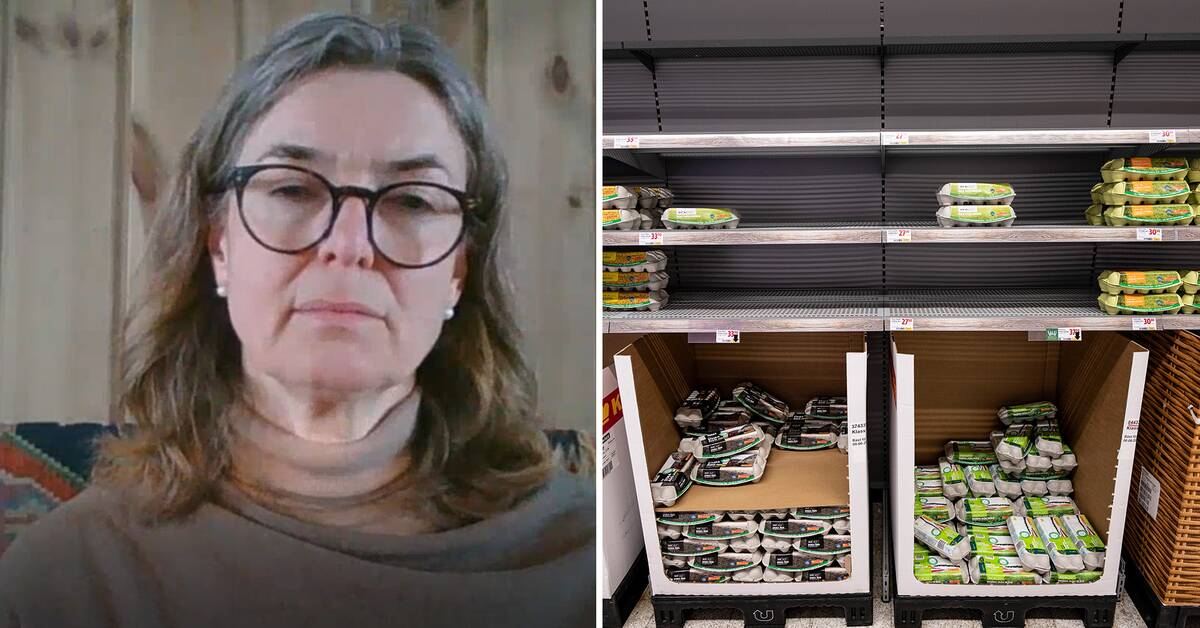About 500,000 hens have been killed after salmonella was discovered several times at Sweden's largest egg producer, CA Cedergren. The incident, which the Swedish Food Agency has called the largest salmonella outbreak in Swedish history, has knocked out 20 percent of Swedish egg production and, according to Swedish eggs, can cause a shortage situation ahead of the year's biggest egg feast.
"There is definitely a risk of a shortage of eggs at Easter. Consumers are already testifying that some egg shelves are empty and it may be that these temporary holes will be difficult to fill, says operations manager Marie Lönneskog Hogstadius.
Avian influenza affects Europe
In addition to salmonella, outbreaks of avian influenza have hit Europe hard. This week, the infection was confirmed on a farm in Skåne, where almost 22,000 animals are now to be killed.
"Avian influenza, which is an airborne virus and comes with migratory birds, continues to affect facilities. I think this development is more worrying for the future than outbreaks of salmonella," says Marie Lönneskog Hogstadius.
Producers keep empty
The external situation has increased the cost of production and worsened the profitability of many Swedish egg producers. Therefore, some have chosen to pause their production.
"The war in Ukraine has contributed to higher prices for energy and feed for our producers. Therefore, producers who have had the opportunity have left the stables empty instead of producing eggs, says Marie Lönneskog Hogstadius.
"There are no eggs to import"
In addition, bird flu has created an egg deficit throughout the continent. This means that it is not possible to fill Swedish shelves with foreign eggs, says Marie Lönneskog Hogstadius.
"We have also had a relatively low price for eggs in Sweden and no one wants to sell to a country that does not pay so much. So there are really no eggs to import.
See how to deal with an egg deficiency during the Easter act in the video.
Javascript is turned off
Javascript must be turned on to play video
Learn more about browser support
Does the salmonella disappear if you rinse off the chicken first? And is the bacterium rarer in other countries? Åsa Rosengren at the National Food Agency clarifies the myths. Photo: SVT/Storyblocks

